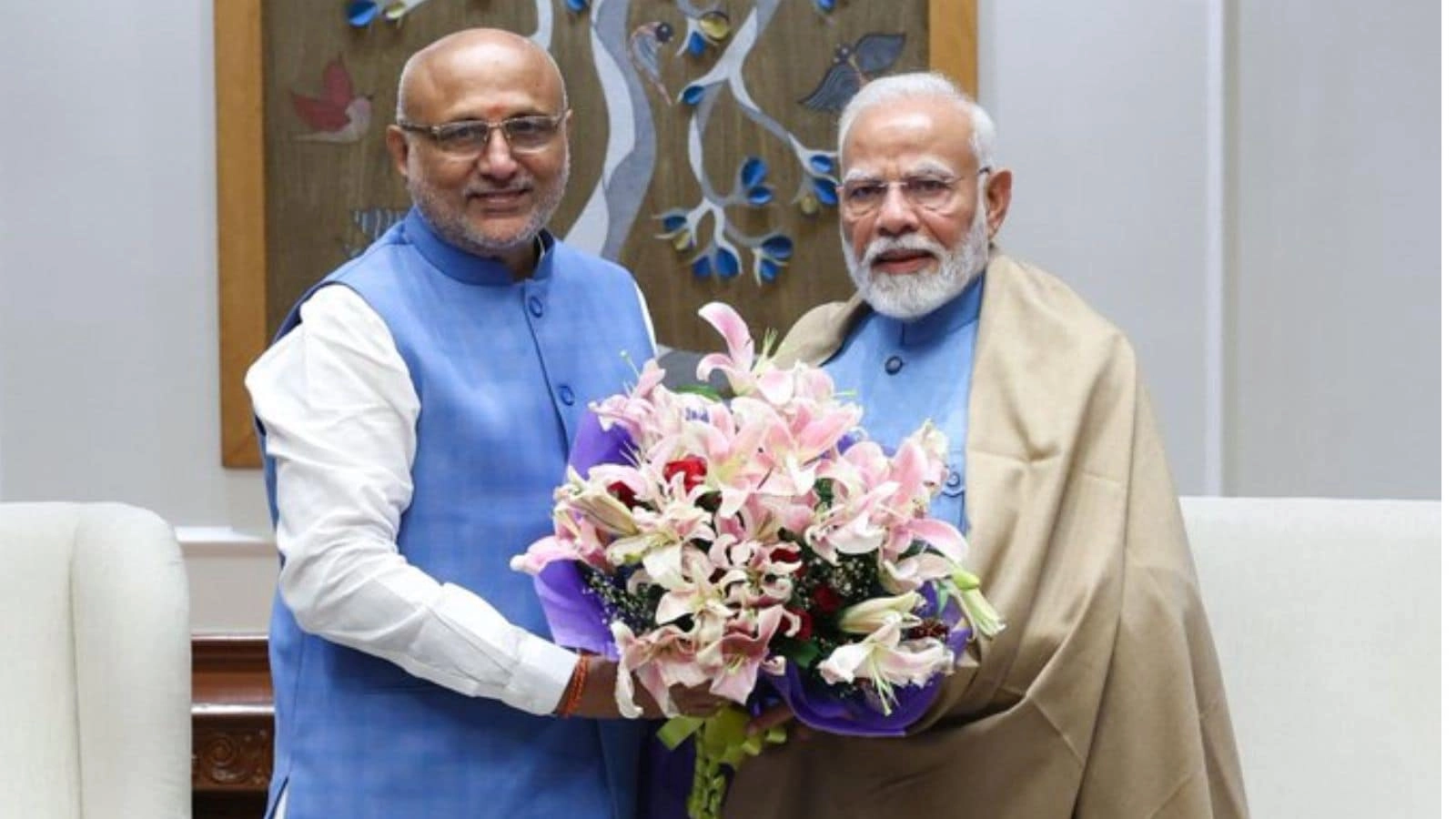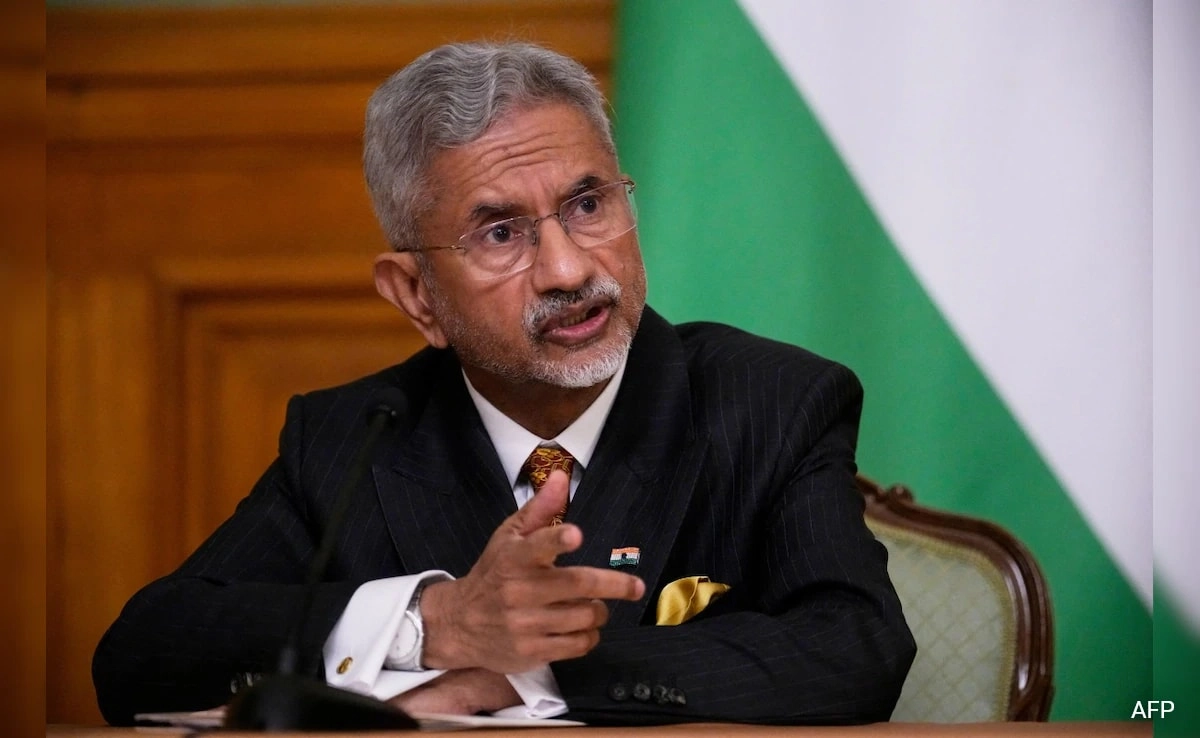In a recent chess showdown that captured global attention, Indian chess grandmaster Viswanathan Anand made a notable remark following the dramatic encounter between young prodigy Rameshbabu Praggnanandhaa Gukesh and reigning World Champion Magnus Carlsen. The match, which showcased the immense talent and potential of the younger generation, not only highlighted Gukesh’s strategic prowess but also underscored the evolving dynamics of the chess world. Anand, reflecting on the intense rivalry and the significance of the match, urged young players everywhere to embrace the spirit of competition and learn from such high-stakes encounters.
Anand’s comment, “Tell all the kids,” serves as a rallying cry for aspiring chess players, encouraging them to witness and learn from the experiences of top-level competitors. The drama of the Gukesh-Carlsen match represents a crucial moment in chess history, illustrating how the new wave of players is challenging established figures in the sport. Anand’s call to action resonates with the broader narrative of mentorship in chess, emphasizing the importance of learning from both victories and defeats. This approach not only fosters a competitive spirit among the youth but also cultivates resilience and adaptability, essential traits for success in any field.
The implications of this match extend beyond the chessboard, as it symbolizes a shift in the chess landscape. With younger players like Gukesh stepping into the limelight, the chess community is witnessing a refreshing change that promises to inspire future generations. Anand’s remarks encourage young players to study the strategies employed in such high-pressure games and to understand the nuances of decision-making that can lead to success. This emphasis on learning from the elite is crucial for developing the next generation of chess talent, as they seek to carve their own paths in a sport that is constantly evolving.
As the chess world continues to buzz with excitement over this match, Anand’s insights remind us of the importance of fostering a culture of learning and growth. By encouraging young players to engage with the game at a deeper level, he is not only advocating for their development but also contributing to the rich tapestry of chess history. The drama between Gukesh and Carlsen serves as a powerful narrative, illustrating that the future of chess is bright and that the lessons learned from such encounters will be invaluable for the next wave of champions. With the right guidance and inspiration, the young players of today could very well shape the future landscape of chess, much like Anand himself did in his illustrious career.




